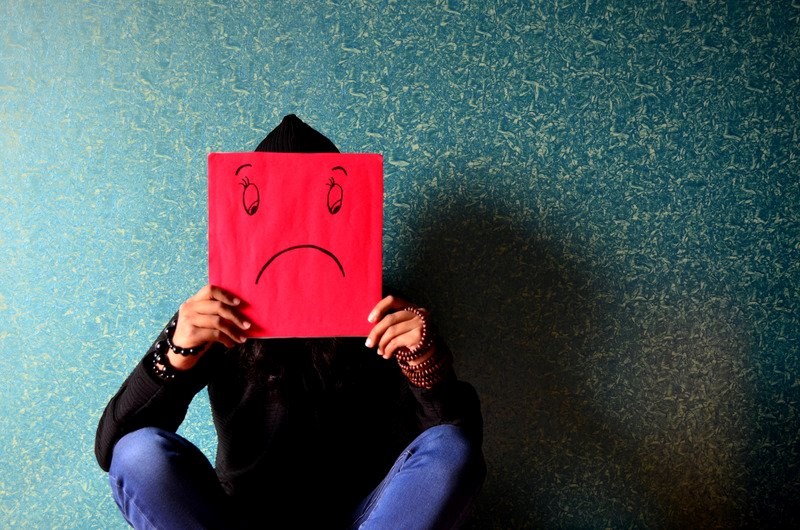I recently had a conversation with an old and dear friend about her life with depression.
We were psychology majors together at SFU in the early ’80s, in a privileged group of six undergrads studying neurophysiology and working in labs – not much interested in the “talk” stuff.
One night, as we ran a routine sleep experiment on a paid subject, Maggie (as I’ll call her) confided in me. She said her mood was not good, that she was having unhealthy thoughts, and that she feared she was descending into a family history of clinical depression. That was the label back then.
“I’m really scared. I’m so afraid of going crazy.”
Maggie was never anything other than a brilliant, eccentric, kind woman. And she’s since gone on to be one of Canada’s most innovative neuropsychologists. But our conversation reminded me of statistics about mental health we all should know. Before I do that, however, I want to make one thing really clear: “Crazy” may be a term we might apply to horses. Or possibly ideas. But not to people.
One in four Canadians in their lifetime undergoes a significant mental health challenge. These episodes are rarely the product of an organic illness. They are most frequently the result of unrelenting and merciless social pressures.
Among women, eating disorders and associated dysfunctional beliefs and behaviours are at the top of the list.
I grew up in the ’70s. It seemed anorexia and bulimia were everywhere. These were profoundly morbid behaviours. But were they caused by a virus? Some nasty lurking bug? Of course they weren’t. Advertising and unrealistic ideas of beauty were the dark agents behind a truly dark chapter in our lives.
Convention and the thought that we do not conform, that we are outliers, on the tail of some imagined bell curve, can lead us to imagine that there is something wrong with us. That somewhere, in some remote backstreet of our character, we missed a turn.
This is wrong, and the idea that being radically different is to be crazy is simply ignorant. Above all, it misses my key point. There is no crazy. There is individuality, there are tastes, there are maybe odd rituals. And these are utterly normal. Or not.
Here’s what I’d humbly suggest.
First, own the word. It’s there for the taking. Just as the gay “movement” in the ’70s basically appropriated the word “gay,” be joyously crazy and use that word with abandon. Words carry a surprising amount of social and political freight. There’s nothing that says that “crazy” can’t be unpacked, reloaded and carried with pride.
Second, keep your eyes peeled for folks just like you. Crazy hangs out in the darnedest places and most often gives itself away in the subtlest ways. A relative of mine, who is truly brilliant and conventional, likes to test people by winking at them on the bus. He’ll sometimes add a facial twitch. He’ll explain that he’s just “checking reaction time.”
Third, understand that we live in a strange and unpredictable world, where being tuned to a different frequency is often a beneficial adaptation.
In the words of the immortal Hunter S. Thompson, “When the going gets weird, the weird turn pro.”



